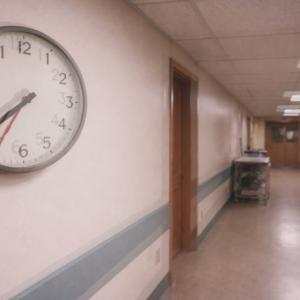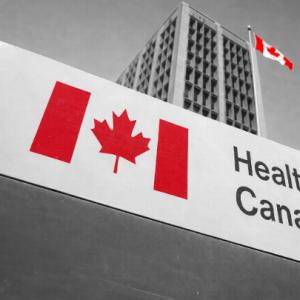Healthcare collapse is here. If the right people act, we can still reverse it.
There are 3 truths about Canadian healthcare that the public will acknowledge in the next two years:
1. Healthcare is collapsing across Canada because of decisions to underfund it over the past two decades.
For those who say publicly-funded healthcare is unsustainable, we’ve been saying that for 30 years, and underfunding was not the solution to that problem.
The solution was (and still is) making deliberate choices of what public healthcare is and isn’t (which we haven’t done either), and linking these choices to what we publicly fund and what we don’t. Example? (Nurse practitioner clinics on the one hand of things we don’t fund but probably should, superfluous pharmacy services on the other hand of things we do fund but perhaps should not).
Once public and private spheres of activity are firmly established, we then have to regulate both of those markets effectively. Left alone, market players become entrenched and predatory, while micromanaged market players become bloated and inefficient.
2. The only folks who can reverse the collapse are politicians holding the purse strings, who have the power to change policies and guide the health system towards something better.
Going it alone has never helped. Working together does. This idea of provincial/territorial vs federal sandboxes makes no sense when you look at what’s worked in the past — FPT levels working together.
Canadians want care no matter where they go in the country, not just where they live, and if we are to take the Canada Health Act at its word this is not an unreasonable expectation.
There are respectful ways of working together, obviously, and it would be unhelpful for stakeholders and key players to act unilaterally, but they do need to act.
If one side telegraphs publicly what they’re planning to do over years and then does it, I don’t think that’s acting unilaterally. That’s making sure action gets done and broadcasting it.
3. If politicians don’t make different decisions, right now, our future holds the imminent collapse of publicly funded healthcare and its replacement by something else.
Healthcare is a needed service. In its absence, that need will be filled by someone and it will likely be a non-public entity which may or may not be subject to public oversight.
Public oversight is the most important part of the public-private debate because the best outcomes in healthcare stem from the effective regulation of market activity and not whether that activity is public or private in nature.
You can have a poorly regulated public health system and get the same results as a poorly regulated private system. What matters is that regulation is present, thoughtful and in some cases very strict. All the health systems Canadians appear to admire (European) are strictly regulated mixed marketplaces of both public and private activity.
It’s a legitimately frightening time we’re in right now with the crumbling of institutions that provide core services like healthcare, education, public safety, etc. The solution is to remake them into what they ought to be, not to deregulate them and bring about free-for-all change, for the sake of change. What ought they be?
Our political structures are not exempt from the ills which have beset our legacy societal institutions. Our politics have become calcified.. We need actual leadership, not the performance of it, to guide us into these conversations so that we end up in a place where we have a shared set of ideas of how to start fixing these problems.
The only predictable future is the one we create.
Dr. Alika Lafontaine is a past president of the Canadian Medical Association and an anesthesiologist in Grande Prairie








